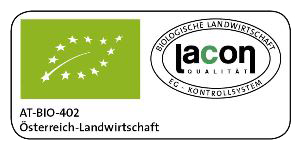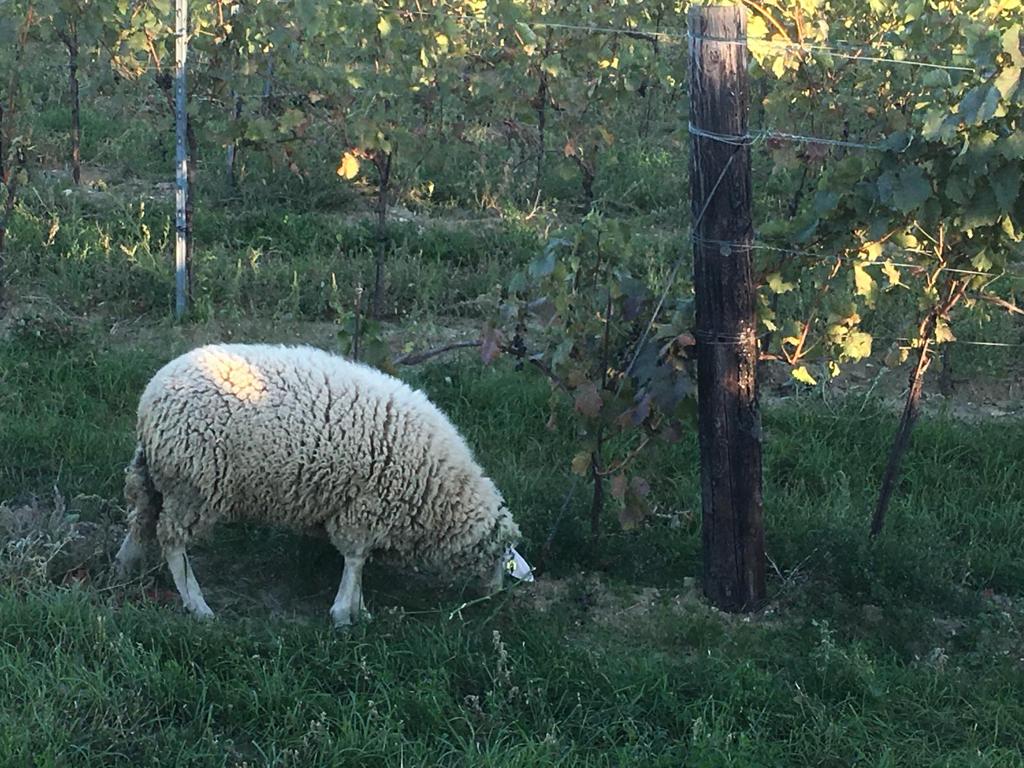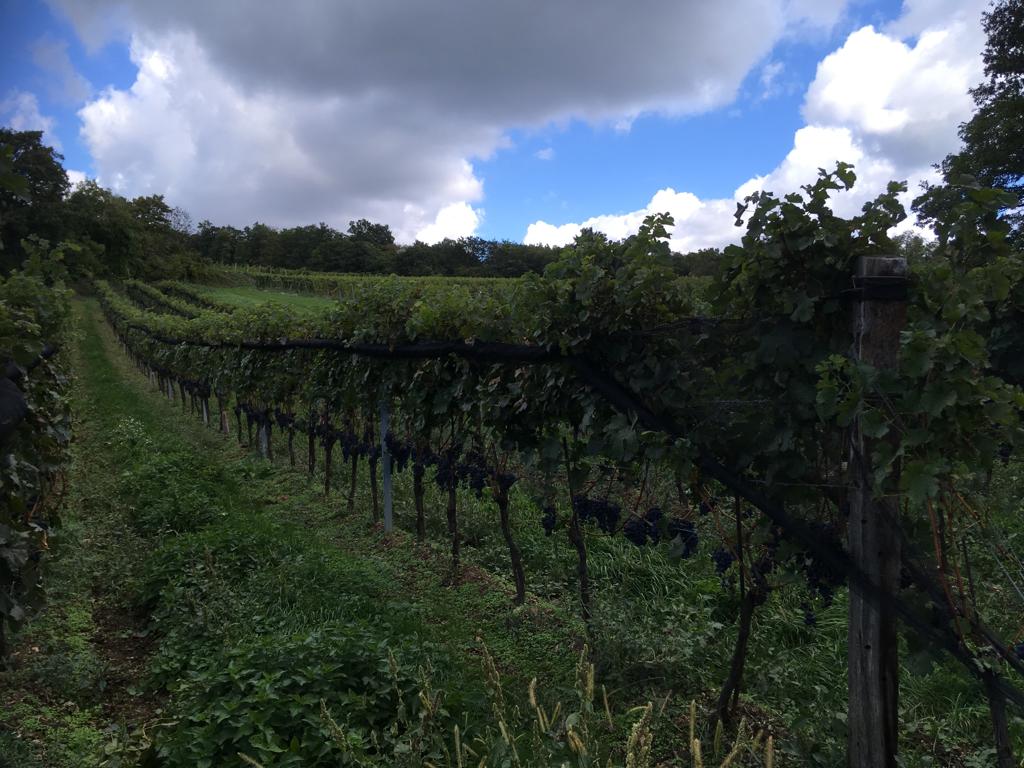Both the Celts and the Romans appreciated the ideal geological conditions that the Leitha Mountains have to offer. Our winery is located directly in the Leithaberg region which means that our vines reap the benefits of south easterly slopes and sun-drenched plateaus.
Our vineyards are shielded from rough winds by the Leithagebirge and influenced by the mild Pannonian climate. Lake Neusiedl, the largest steppe lake in Europe, helps to regulate the climate. The local soil is rich in minerals and made up of mica-slate and limestone. This provides perfect conditions for a wide range of grape varieties.
We make sure that only the best, physiologically ripe grapes find their way into our wines by employing rigorous selection in the vineyard, beginning with the pruning of the vines.
Our wines have received prestigious awards at numerous national and international wine competitions.
The soils:
Our white winevarieties are grown on light chalky sand, loess, loam soils containing flint. During the day the ground heats up and retains the heat to give off on cold nights. The longer duration of radiant heat enhances to the ripening of the grapes.
The red wine varieties are planted on heavy textured clay loess soil, rich with humus. These soils are more difficult to cultivate, but have the enormous advantage of low permeability, which guarantees enough moisture in dry periods.
The wines:
The mild climate of “Pannonia” is ideal for the production of red and white wine. Our winery cultivates 80% red and 20% white wine.
Our white wines are: Welschriesling, Chardonnay, Pinot Gris, Grüner Veltliner and Sauvignon Blanc.
Our red varieties are: Blaufränkisch, Zweigelt, Cabernet Sauvignon, Pinot noir, Syrah and Merlot.
The vinifikation:
The harvest is carried out to treat the grapes with care and to ensure healthy basic material. After that, the white grapes are cooled with CO2. By the white grapes the most is stand for a short time, to give the wine more fruit and excellence.
After pressing the most is fermented for 2 weeks with 14-16 OC. This slow fermentation preserves the aroma.
The red wines are fermented between 4 and 6 days with 28-30 OC. So the wine gets an aromatic of ripe berries and soft tannins. After pressing, the malolactic fermentation begins. During this process the unripe malic acid is converted into smooth lactic acid. Now the fermentation is finished and the wine can mature in stainless-steel tanks, wooden vats or Barriques.
















